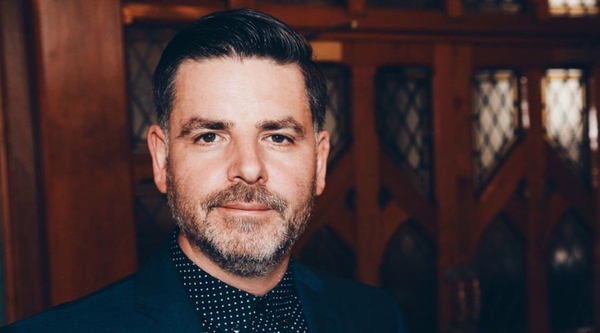Stephen O’Donnell: Our Friend in Scotland
I’m still trying to process all the excitement of the past few weeks north of the border. Not only has the temperature climbed above 10°C for the first time this year, and, as incredible as Scotland’s historic 2-0 victory over the might of Spain was, one thing dominated the headlines – politics.
After the best part of 10 years of relative stability in the Scottish political landscape, Nicola Sturgeon sent newsrooms across Scotland into a frenzy by announcing her resignation as leader of the SNP and as Scotland’s First Minister.


